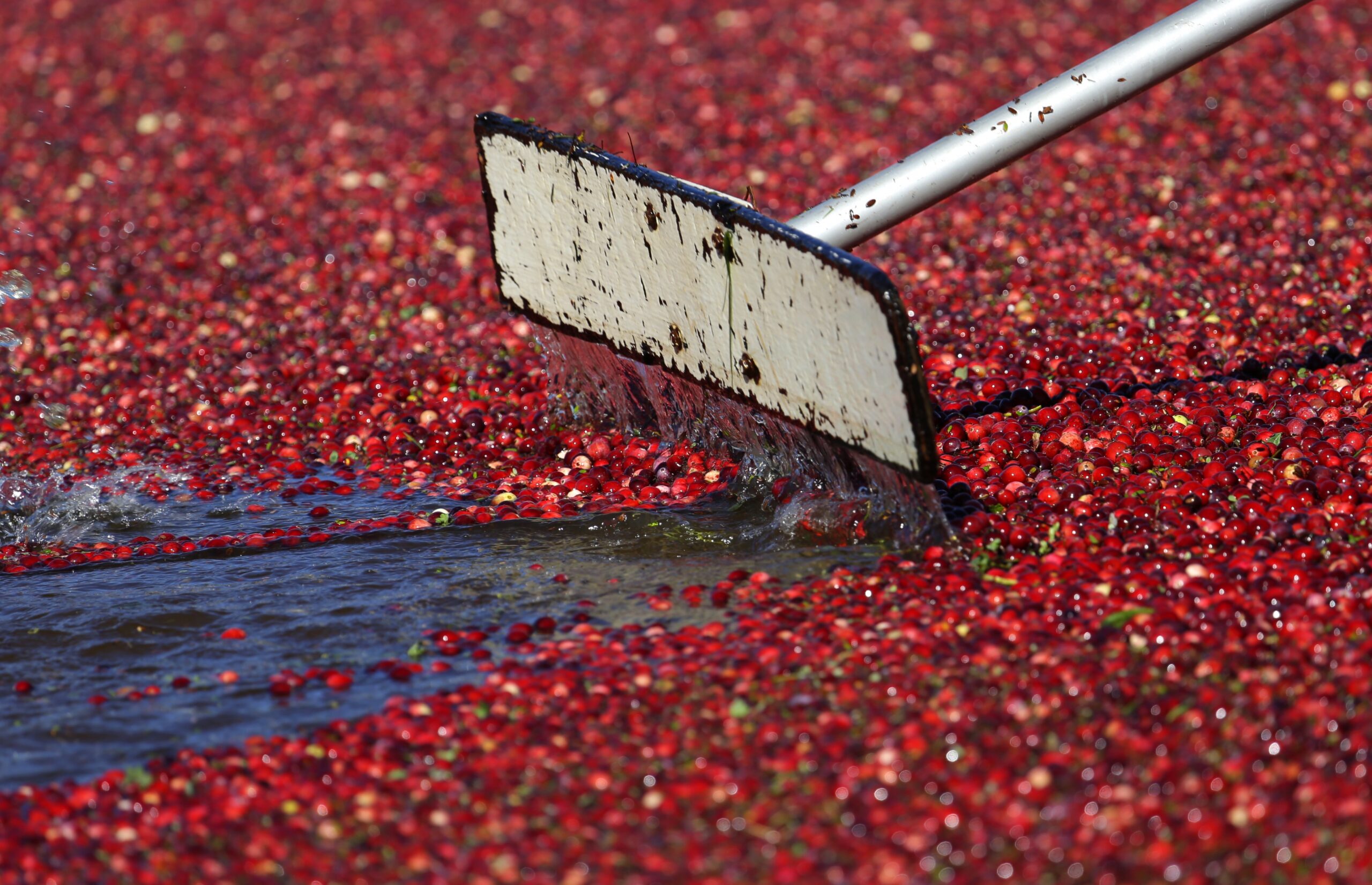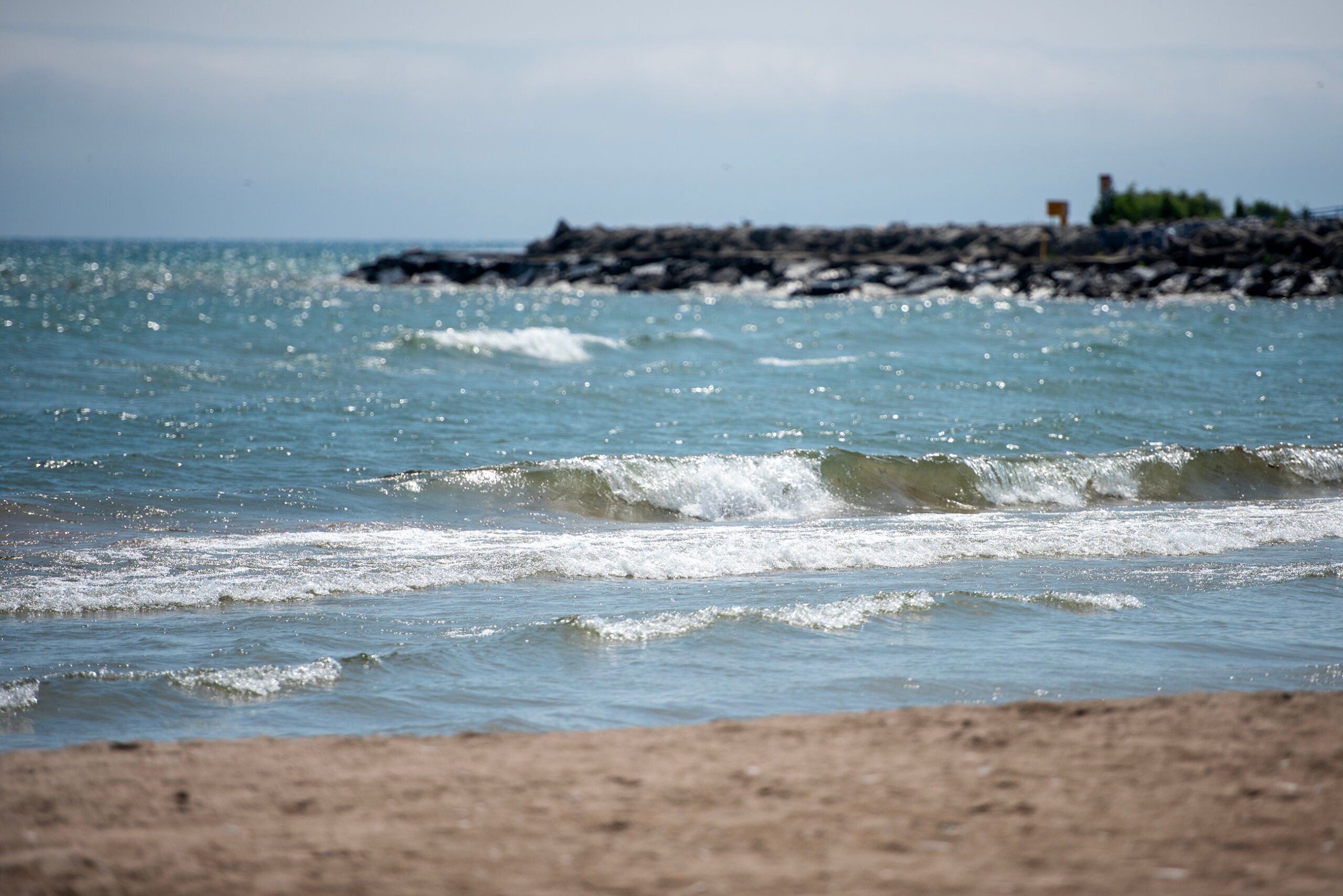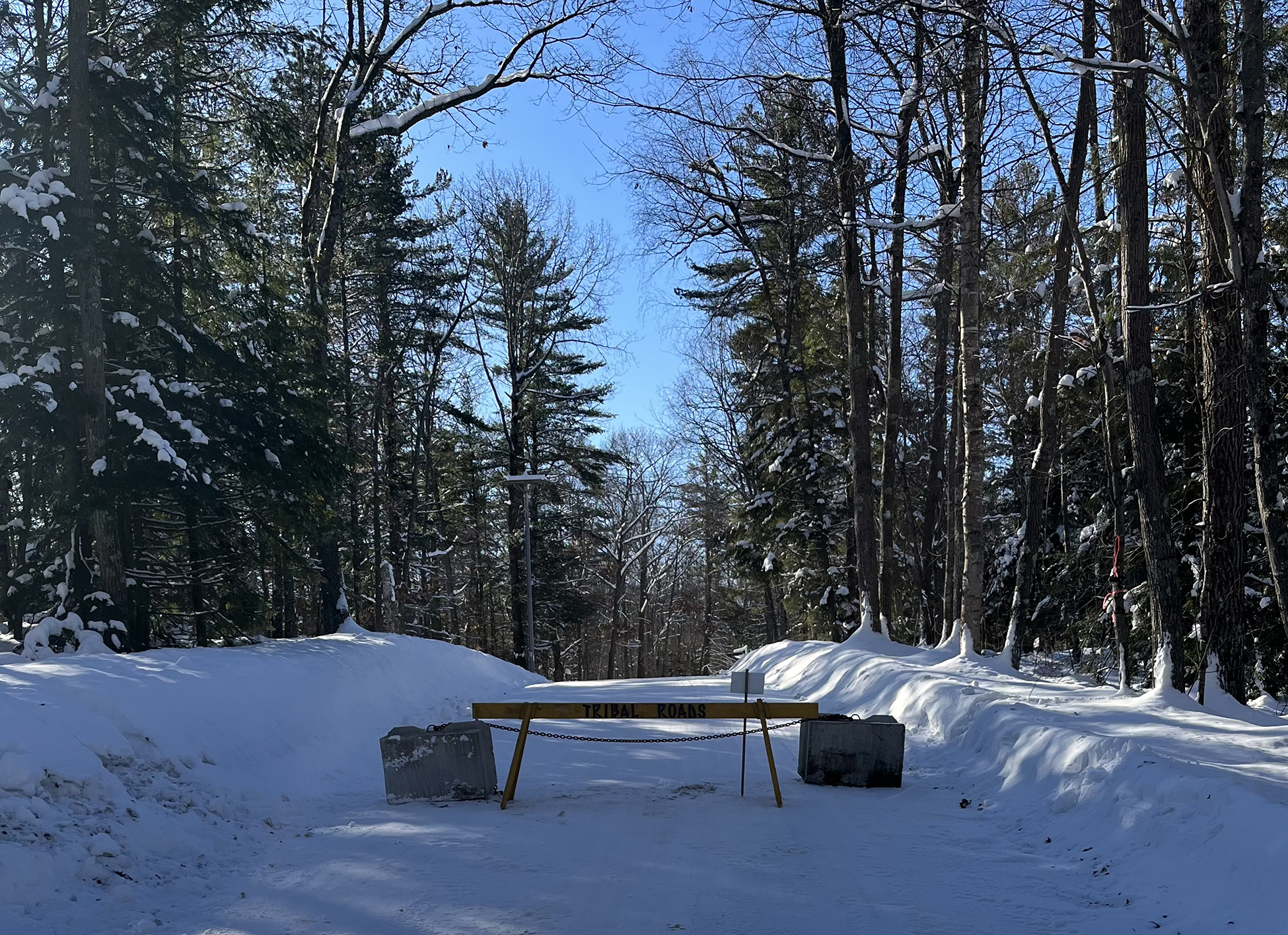A northern Wisconsin tribe and lakes association are suing a cranberry operation that they claim is violating the federal Clean Water Act by polluting Lac Courte Oreilles, a roughly 5,100-acre lake in Sawyer County.
The Lac Courte Oreilles Band of Lake Superior Chippewa and Courte Oreilles Lakes Association, or COLA, filed a federal lawsuit against the Zawistowski Trust and trustee Rosalind C. Zawistowski. The trust owns and operates two cranberry bogs next to Musky Bay within Lac Courte Oreilles, according to the complaint.
The lawsuit claims the cranberry operation is polluting the lake by illegally releasing phosphorus-laden water without a permit through ditches and canals into Musky Bay. Phosphorus is an essential nutrient that’s commonly found in fertilizers, but too much can fuel the growth of algae and reduce water quality.
“The Defendant’s actions at issue in this matter contribute to harmful water pollution in Lac Courte Oreilles, which negatively impacts the Tribe and its members’ property, fishing, hunting, subsistence, and recreational interests,” the complaint states.
Amanda DePew with W.D. Zawistowski Cranberries declined to comment on the case, citing pending litigation.
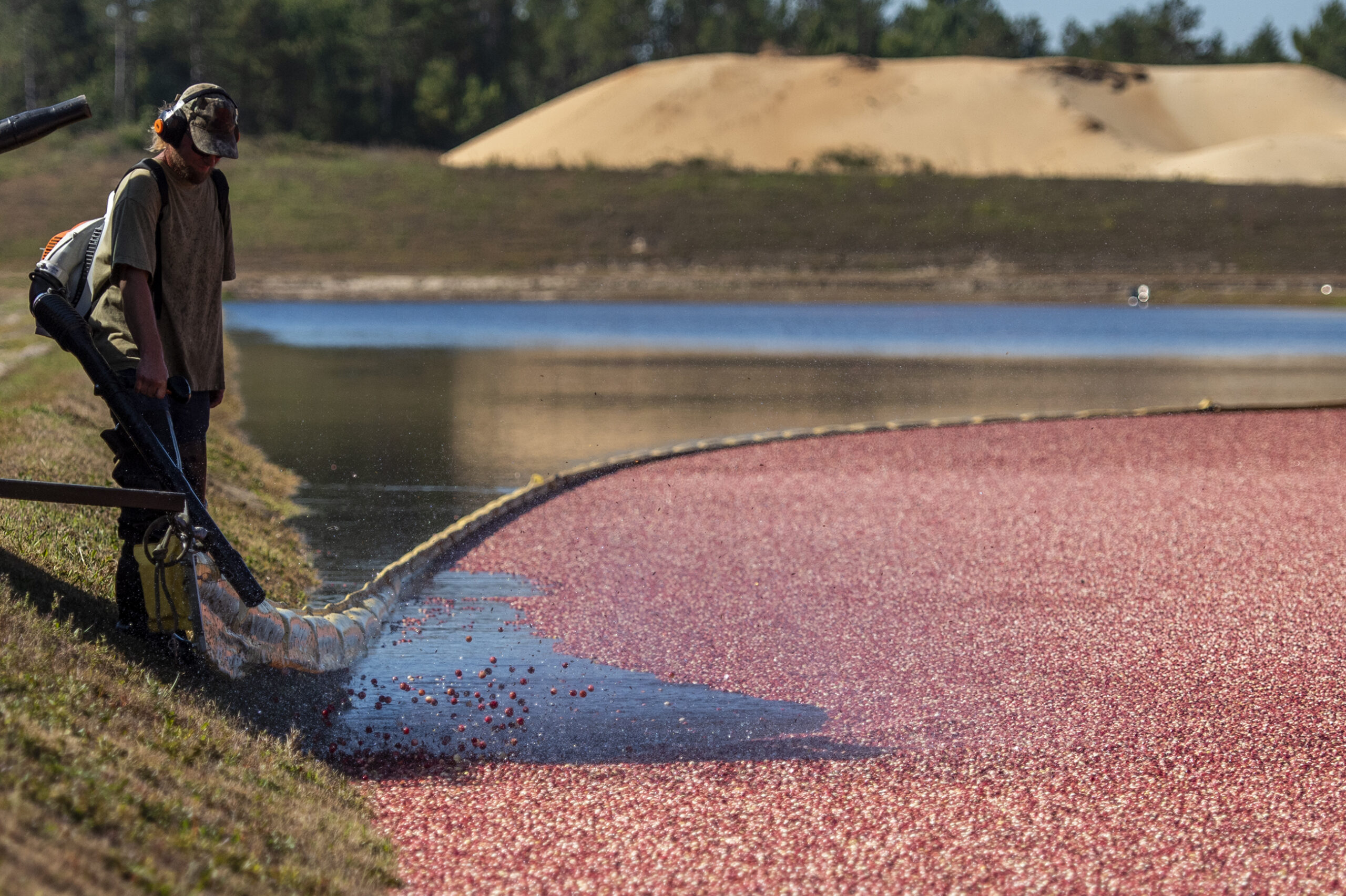
The tribe and lakes association argue the ditch and canal conveying phosphorus-laden water to the lake qualify as a “point source” discharge under the Clean Water Act.
Under the federal law, factories and wastewater treatment plants, known as point sources, must obtain wastewater discharge permits that limit the release of certain pollution into waterways. States must also address nonpoint source pollution, which means it doesn’t come from a single source. Agriculture is generally viewed as the largest contributor of nonpoint source pollution, and normal farming activities are generally exempt from obtaining permits.
The U.S. Environmental Protection Agency and Wisconsin Department of Natural Resources have repeatedly said cranberry farms don’t require permits, according to Tom Lochner, executive director of the Wisconsin State Cranberry Growers Association.
“The Zawistowski family has not been cited by any regulatory agency and is complying with all regulations that pertain to operating their family farm, as they have for over 75 years and through multiple generations,” Lochner said in a statement.
Lochner argued the suit is part of a personal vendetta spanning more than two decades, adding previous legal challenges have been unsuccessful.
News with a little more humanity
WPR’s “Wisconsin Today” newsletter keeps you connected to the state you love without feeling overwhelmed. No paywall. No agenda. No corporate filter.
“We are saddened to once again see actions pitting neighbor against neighbor and bringing emotional stress and hardship to these growers and their families,” Lochner said. “These families have lived on this lake for decades, have suffered through years of personal and legal attacks by these groups.”
Chris Bedwell, president of the lakes association, said in a statement that they felt forced to sue after the Zawistowski operation rejected an offer to assist with installing a $100,000 closed system. Closed bog systems are used in cranberry production to prevent ditch water containing fertilizer or sediments from escaping or leaking into waterways.
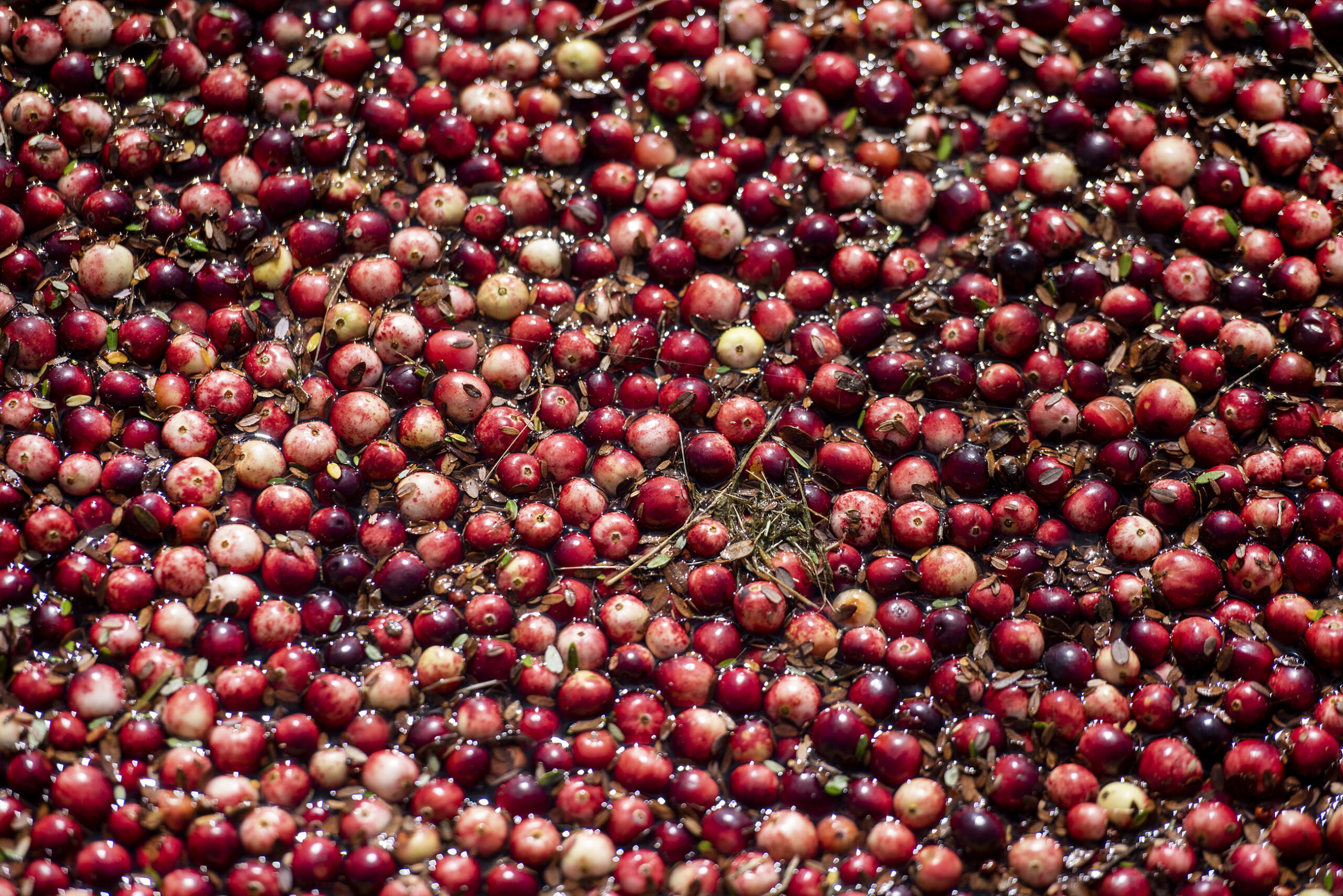
“Nothing less than the recreational use of (Lac Courte Oreilles), its sport fishery, property values, and the Tribe’s spiritual, cultural and subsistence use of the lake are at stake,” Bedwell said.
The lakes association and tribe said a Sawyer County judge previously ruled against the state and a dozen property owners who sued William Zawistowski, accusing the operation of being a public nuisance for degrading Musky Bay.
While they lost the case, Sawyer County Circuit Court Judge John P. Anderson said in his 2006 decision that there was “satisfactory evidence” that the operation was intentionally discharging phosphorus-laden water into Musky Bay, saying Zawistowski should’ve known it would’ve fueled algae growth.
“Zawistowski can no longer hide behind a veil of self-imposed ignorance to the effects his cranberry operation is having on Musky Bay,” Anderson wrote. “His actions are beginning to interfere with a protected right, and the public is not without the ability to intervene, should the interference reach unreasonable levels.”
Wisconsin implemented new phosphorus criteria for rivers, lakes and streams in 2010. However, more stringent water quality standards for phosphorus just took effect on Lac Courte Oreilles in February.
The DNR found phosphorus is one of the factors contributing to lower levels of oxygen in the lake, which can lead to fish kills. The lake has witnessed fish kills of cisco and whitefish due to warmer water temperatures and low oxygen levels that can stem from too much algae.
Wisconsin Public Radio, © Copyright 2025, Board of Regents of the University of Wisconsin System and Wisconsin Educational Communications Board.

